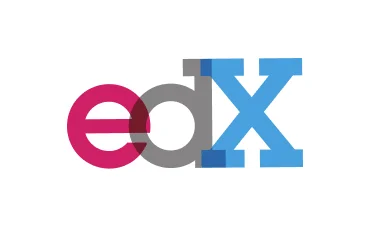When you enroll through our links, we may earn a small commission—at no extra cost to you. This helps keep our platform free and inspires us to add more value.

AlaskaX: Powering Resilient Communities: A Holistic Approach to Food, Energy, and Water Security
A research-based course on resilient renewable energy solutions, with an emphasis on microgrids, and Food, Energy, and Water (FEW) security.

This Course Includes
 edx
edx 0 (0 reviews )
0 (0 reviews ) 4 weeks at 4-6 hours per week
4 weeks at 4-6 hours per week english
english Online - Self Paced
Online - Self Paced course
course AlaskaX
AlaskaX
About AlaskaX: Powering Resilient Communities: A Holistic Approach to Food, Energy, and Water Security
This course provides research-based and on-the-ground tools for community planners, grid designers, and business leaders to improve and implement stronger and more resilient renewable energy systems in Arctic communities. Through a framework combining renewable energy in microgrids, and Food, Energy, and Water (FEW) security and infrastructure, this course synthesizes concepts into a holistic approach to community planning, improvement, and resiliency.
Learn about existing and emerging renewable energy sources and technologies and explore examples from Alaska, including solar, wind, geothermal, biomass, and hydroelectric facilities.
Examine underlying causes of food, energy, and water insecurity in Arctic, subarctic, and northern rural communities.
Gain insights into Arctic and subarctic lifestyles, including the roles and impacts of wild harvests, plant-based foods, and health disparities.
Learn about food, energy, and water security and analyze the interactions among food, energy, and water usage, for example: energy and water use in the production, transportation, and storage of food; energy usage in treating drinking water and wastewater for human health; water demands and fuel costs for electricity production; appropriate food systems, energy, and water resource usage and allocation; climate change impacts, fossil fuels and environmental impacts.
Gain specialized expertise on a variety of Arctic energy issues affecting its residents and Indigenous peoples, from engineering to social science to traditional community knowledge.
Learn the key concepts with practical, Alaska-focused examples.
Use real wind and solar data and various analysis tools to make community energy assessments.
Apply the FEW nexus approach to guide decisions about renewable energy alternatives.
Learn from National Science Foundation-funded researchers and staff from a variety of disciplines at the University of Alaska Fairbanks, the University of Alaska Anchorage, the University of Calgary, Stanford, and the private sector. Connections with United Nations Sustainable Development Goals.
This project is funded by the National Science Foundation, Award #1740075 INFEWS/T3: Coupling infrastructure improvements to food-energy-water system dynamics in small cold region communities: MicroFEWs.
What You Will Learn?
- Explore current states of food, energy, and water systems in rural Alaska, with broader applications to the Arctic..
- Compare mature and emerging renewable energy technologies with examples from Alaska.
- Define how food, energy, and water impacts community well-being in the Arctic and beyond..
- Analyze the feedbacks between renewable energy generation and the local drivers of food, energy, and water security. .
- Explore and discuss scientific and social issues that arise when utilizing food, energy, and water resources. .
- Organize and quantify food and water security data..
- Use renewable energy resource data to create energy assessments..
- Learn how modular food and water applications can optimize renewable energy inputs in the Arctic and beyond..
- Apply decision making methodologies to develop community level recommendations based on resource energy assessments combined with food and water security information..